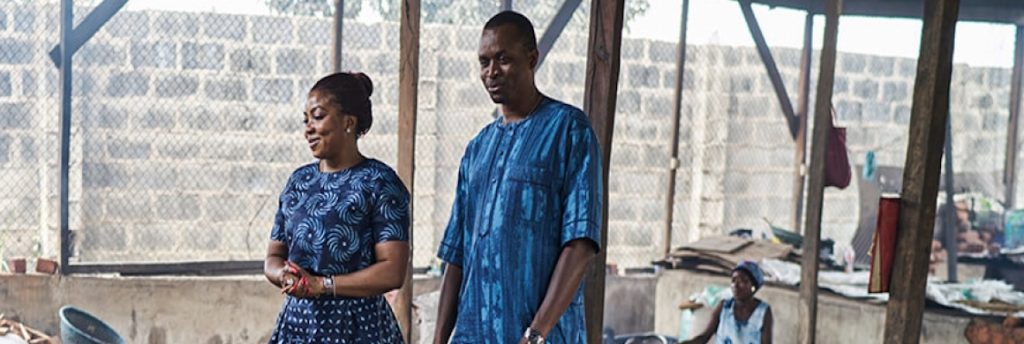Stanford Seed Transformation Aims to Accelerate New Economies

Stanford’s Graduate School of Business recently published an article on the impact of its Stanford Seed initiative, which aims to make Stanford “the leading research university for thinking about the challenges of poverty in the developing world” by addressing the physical and infrastructural issues that hamper economic development, as well as “cultural practices and entrenched psychological conditioning.”
At the root of the Seed Transformation Program, which launched in 2011 in Accra, Ghana and expanded to Nairoba, Kenya last year, is the question: Can the combination of executive education, intensive, high-touch coaching and business networking make a substantial impact on the millions living in poverty?
Seed Executive Director Jesper B. Sørensen is hopeful but realistic: “We can’t solve all the problems through the Transformation Program. It’s clearly very hard in countries that have weak institutional environments.”
STP participants immerse themselves in “four weeks of MBA-style executive education spread over six months,” which includes Stanford GSB faculty seminars and networking events. According to the article, “23 coaches, 23 Stanford faculty, eight regional lecturers and 160 companies have participated in STP — 134 in six West African cohorts and 26 in the first East African cohort.”
The article cites the success story of Seed graduate Oluyemisi Iranloye, who gave up her position as COO of a major Nigerian agricultural company to open Psaltry, a cassava starch factory whose 200 employees produce “between 20 and 50 tons for buyers like Heineken, Nestle, and Nigerian Breweries.”
There are plans afoot to open another Seed Center in either Southeast or South Asia, as well as more “centers to expand Seed’s reach and facilitate networking and cross-pollination among developing countries.”
